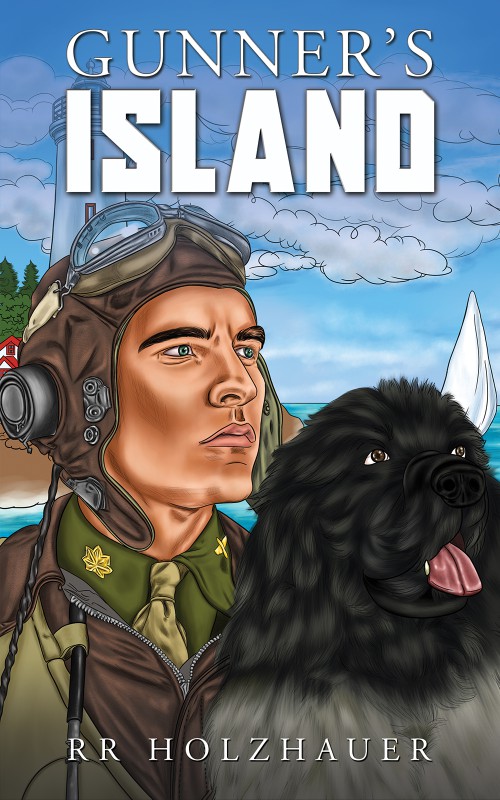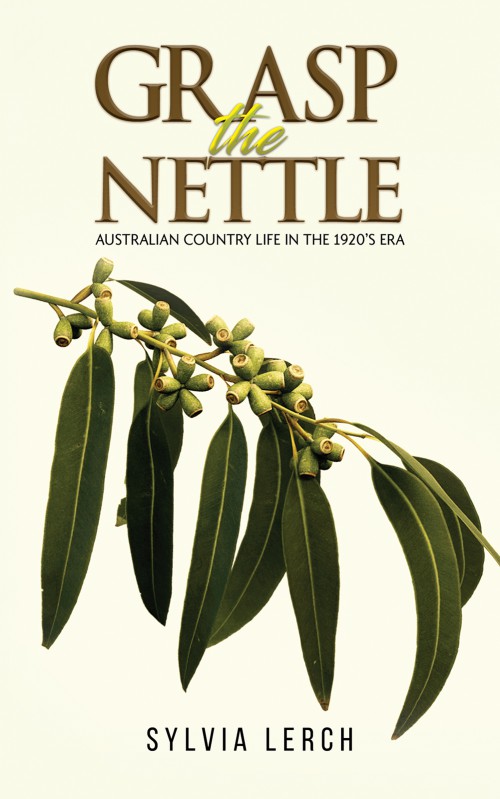-
A Village Betrayed
A poignant story of the impact of war on a defenceless French village during the Second World War. Four courageous villagers join the Maquis, the Resistance in Vichy occupied France, to protect their families. They are swept into a treacherous conflict where one false word or brave action can result in the torture and death of people they know and love. One old man and a young girl survive the savage destruction that wipes out the whole community.This novel uses the recorded history of the devastation of many rural villages in the Aveyron, Lot and Tarn departments of the Midi-Pyrénées. Oradour-sur-Glane in the Haute-Vienne Department is a famous memorial to the brutality of the Second World War.
-
The Measure
One early winter’s morning, a teenage boy is found lying outside the gates of a monastery. The monks take him in, and eventually, in terrible distress, he tells them that he has killed his father. This story follows the life of the boy’s father and the discovery the boy makes about his father’s past.
-
The Golden Threads
Nellie was brought up by her grandparents and lived in the East End of London. At the age of 19, she was able to start the job she had wanted, in a large J. Lyons & Co. Corner House tea room in London, where she became a ‘Nippy’, as the waitresses were called, where she also met her lifelong friend Connie.
Soon after she also met the love of her life, Tommy Brown, but her idyllic life was soon to change with the outbreak of WW2. The comfortable and safe routine of life was soon turned on its head.
-
The Blighted Road
The Blighted Road is a 17th-century story of two women’s harrowing journeys through plague and a brutal witch-hunt. Orla, renowned healer and mid-wife in rural England, confronts stillbirths and a mysterious, deadly sickness afflicting her community. The local superstitious people suspect these sinister events are the actions of the Devil. Desperate for answers, Orla’s investigation into past plague outbreaks reveal a shocking correlation with the harvesting of blighted grain. Her revolutionary findings lead to accusations of witchcraft. Meanwhile, Abigail, a young Londoner faces the horror of life in the plague-ridden city. After losing her family to the Black Death, Abigail escapes the locked gates of London. She flees on the plague road to Salisbury, which is fraught with danger and despair.
The separate tales of these women weave in and out as they reach a time and place where they are united by grief, loss and an uncanny will to survive.
-
Tears on the Euphrates
In a harrowing story of lost innocence and shattered identities, two young lives are swept up in a storm of calamity and betrayal. An Iraqi child, ripped from the warm embrace of his family, finds himself in the clutches of strangers in a foreign country. While the boy’s desperate family searches tirelessly for their beloved son, the kidnappers weave a web of lies to erase his past, forging a cruel destiny that will test the bonds of fraternity and love.Against a backdrop of global unrest, the stolen child and his unexpected natural brother try to forge their own paths, tied by a deep friendship, in a world torn apart by violence and deceit. From the uncontrollable violence in Afghanistan to the turbulent waters of the Euphrates, the destiny breaks the sky with a story of love between two who would never imagine loving each other. Among the rubble, death and destruction, the deepest, most real and sincere love story is born. A love rooted in the soul and deep in the heart. Love that glorifies life and means death; the threads of family, love and loyalty will be stretched to the breaking point.Tears on the Euphrates delves into the profound impact of family and identity amid the harsh realities of a world at war, intertwining the fates of two boys with the turbulent geopolitics that define the divide between East and West. Through their eyes, we explore the moving and unyielding search for truth, belonging, and redemption in a world yearning for hope.
-
Survival: A Story of Friendship – Part 2
Survival: A Story of Friendship – Part 2 is about the voyage Freddy and his mother, Helene, take to escape Europe and the ravages of World War II. After promising Sigmund on his deathbed that they would reunite the family in a peaceful and friendly country, they make their way via ship to Colombia, the country Nellie had made her home just as the Nazi movement in Germany was gaining momentum. After their safe arrival, Freddy is forced to look for work in order to support his mother and himself while adjusting to new surroundings at the same time. After some fortuitous, work-related encounters, Freddy decides to not only run his own lingerie business but produce the raw materials he needs himself.
This is the story of how someone who was unable to complete school or go to university, due to strictly unfortunate circumstances, had the vision and skills to found a company that would provide jobs and well-being. Thus giving back to the country that granted him what the German Nazi government had taken away from him: his nationality.
-
Survival: A Story of Friendship
It is a true story based on 13 years of research: the story of friendship between a Jewish boy, Freddy and his Christian friend, Helmut (who are separated by the political turmoil of the aftermath of the First World War in Germany), who obliged Freddy and Freddy’s family to seek refuge in France. It is also the story of friendship between Freddy and George, Freddy’s classmate whom Freddy meets in school in Paris. Moreover, it is also the story of Sigmund, whose patriotic blindness impacted his and his family’s life; the story of Nellie, who left Germany for Colombia before Nellie’s parents sought refuge in France and whose mission would be to reunite the family in a peaceful and friendly country.
Furthermore, the novel also emphasises the emotional costs of the First World War and its indirect result on the onset of the Second World War.
-
SOE Agent Code Name LILLY
Mary Dumont is a third officer in the Women’s Royal Naval Service working at the Admiralty Communications Centre in London in 1942 where she is recruited by the Special Operations Executive (SOE) to become a wireless operator-saboteur. Parachuted into France, Mary joins a small band of resistance fighters where she leads a double life, a schoolteacher by day, a wireless operator by night; all goes horribly wrong, Mary is captured and tortured by an SS major who is determined to obtain both her codes and the names of her companions. Mary makes a daring escape during an air raid, unknown to her, German Intelligence has infiltrated SOE, a double agent known to Mary has also been parachuted into France to capture a Dutch scientist who is escaping to England with plans for the German V1 flying bomb. Evading capture, Mary’s resistance cell must get the scientist to England before he can be handed over to the Gestapo, but first Mary must eliminate the German double agent. Just when she thinks it is safe on returning to England, Mary and her companions discover the identity of the traitor within SOE, they must try to eliminate him before he can return the scientist to the Germans.
-
One Week in 1952
The story is set in June 1952 and describes one week of action between Tom, 8 years old, and his Aunt Siobhan, 18 years old, who looks after him while his parents are forced to leave home. An unexpected event enables them to holiday in Kent, where exciting adventures befall them both. Throughout the book there is a surprising comparison between the way of life in the 1950s, much of it based on historical fact, and that of the modern-day world.
-
Holes in the Ground: War and Ore
When Thomas Longois Lefoy is sent to Tangiers to investigate a German plot involving Moroccan phosphates, he uncovers a sinister Soviet Union involvement in the Asturias miners’ strike of 1934 and its unforeseen consequences for Andoni Arriola, a Basque metallurgist. As he delves deeper into the case, he finds himself caught in a web of intrigue involving the Spanish Civil War, the injury and death of British intelligence agents, and the protection of Britain’s interests in the iron and copper mining industries. As he travels from Tangiers to Gibraltar, Huelva, and Bilbao, he witnesses the devastating effects of civil war and the destruction of open-cast mining. Along the way, he encounters Heinrich Rathenau, a German industrial chemist seeking refuge, and becomes embroiled in a dangerous game of espionage and political maneuvering that reveals the high stakes of international trade and the human cost of war.
-
Gunner's Island
Gunner’s Island is a post-war novel that will engage dog lovers, military veterans, history enthusiasts, and undoubtedly anyone who is all three. Set in the small town on a tiny Canadian maritime island, the story unfolds with the return of World War II pilot Linus, following a plane crash that left him irrevocably altered. Linus is grappling with PTSD and acclimation back into civilian life, when he is mysteriously befriended by Gunner, a full grown and affable Newfoundland dog.
With a wide array of detailed characters and scenes that jump between flashbacks and present life, Gunner’s Island is both a drama and comedy. It is earnest yet jocular, weighty yet wholesome, and meant to set sail the reader into the story as effortlessly as its northern ocean waves.
-
Grasp the Nettle
Set in a remote district of Western Australia in the 1920s, an era which outlawed suicide, an unidentified body has been found and police are treating the death as suspicious. The story presents a chance for strangers (the reader) to peruse the very private diaries of the protagonists. Intriguingly, this is like peeping through the coin slot of a piggy bank to count the wealth inside. Elsie has married Tom in an arrangement brokered by her brother. Tom’s job is delivering the Royal Mail, and it takes him away from home for weeks at a time. Vivacious, imaginative young Elsie must entertain herself in their isolated, unsophisticated bush hut. Married women were not allowed to be financially independent. Grasp the Nettle is not a fairytale ‘lived happily ever after’ romance, but a lode of accurate historical data balanced by details of underlined moral standards of life before the advent of reliable contraceptives, and acknowledgement of gender diversity. In those harsh times, things that are commonplace for us today were yet to be invented: like mobile phones, internet communications, and GPS. There were not even engineered roads through country districts in this vast nation, Australia. Grasp the Nettle poses the question: how did people cope with life’s challenges?

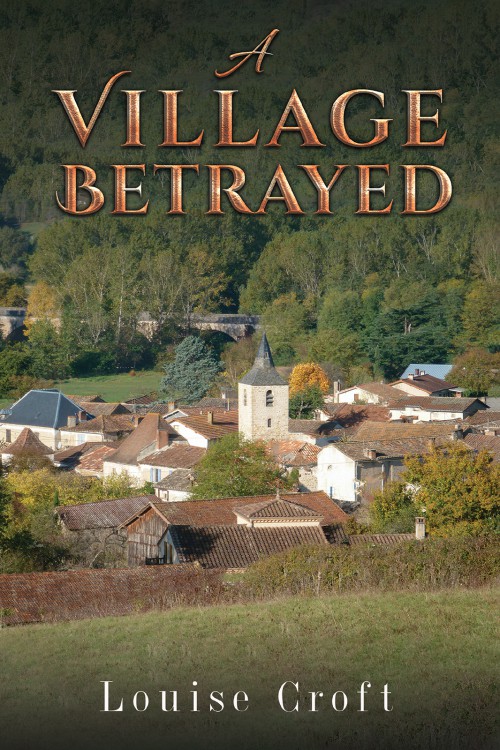
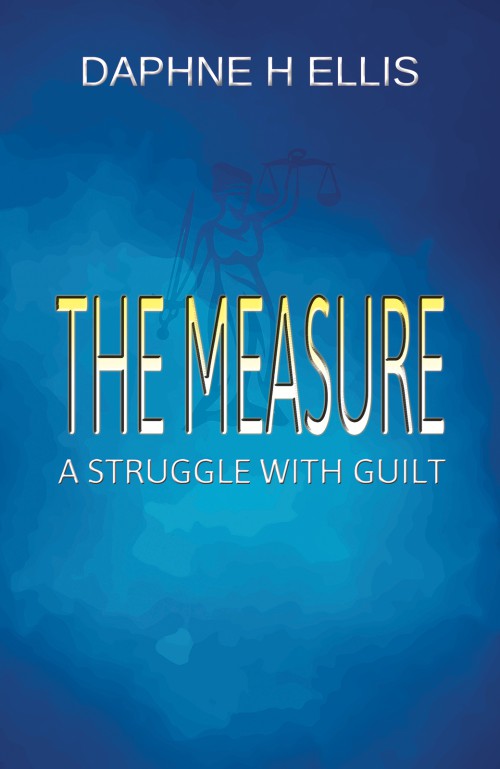
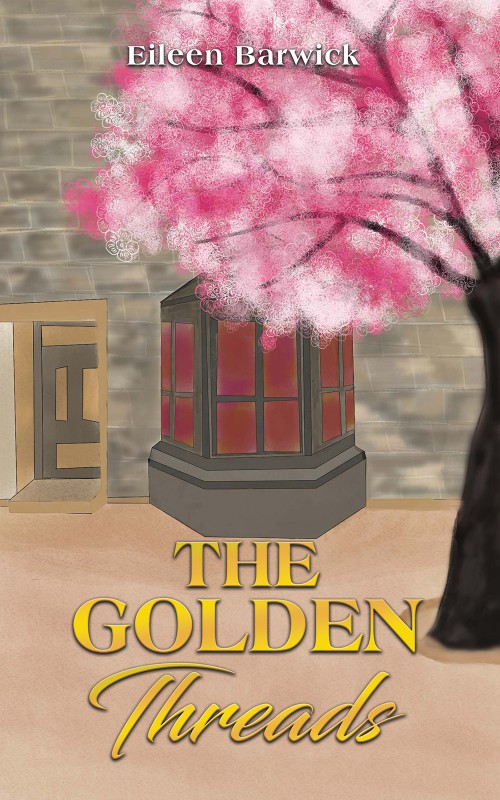
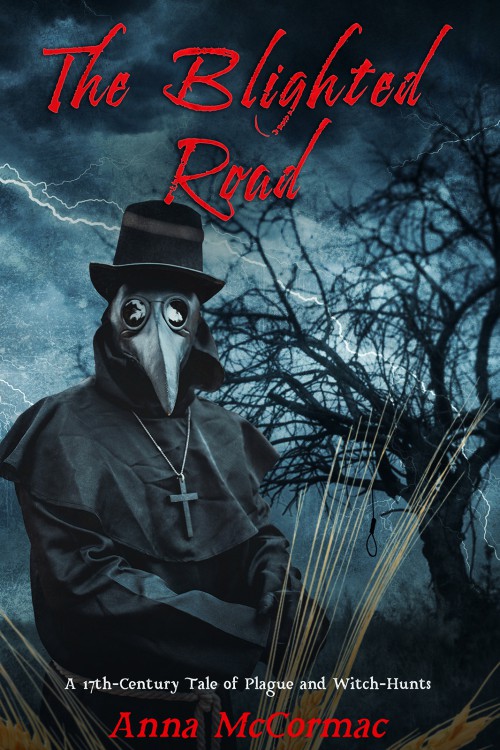
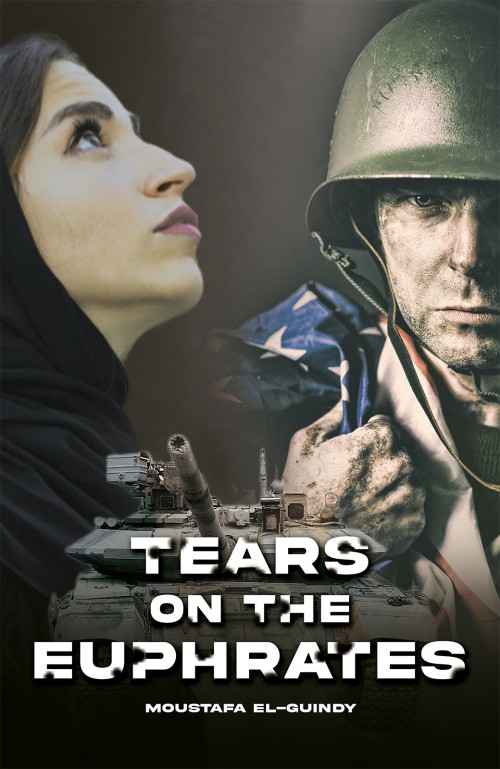
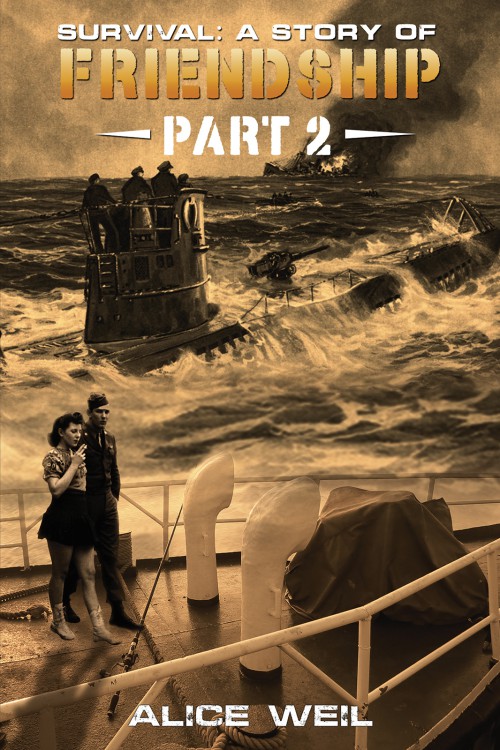
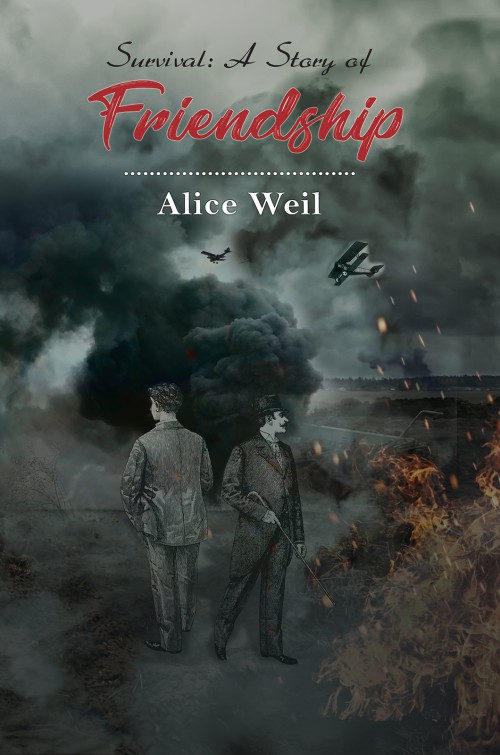
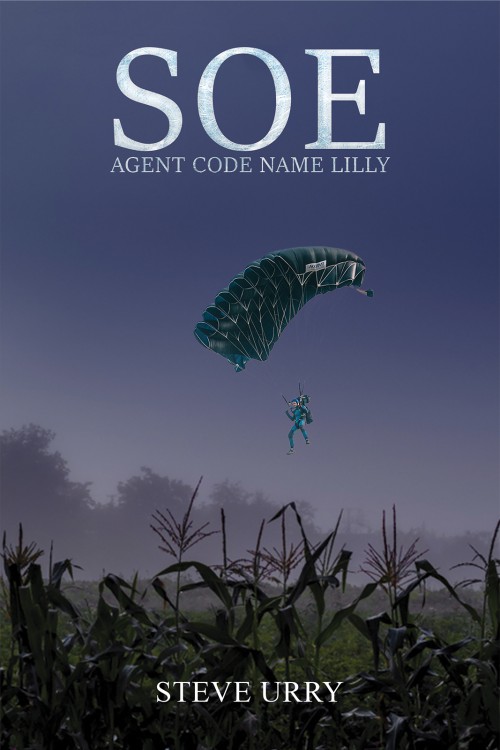
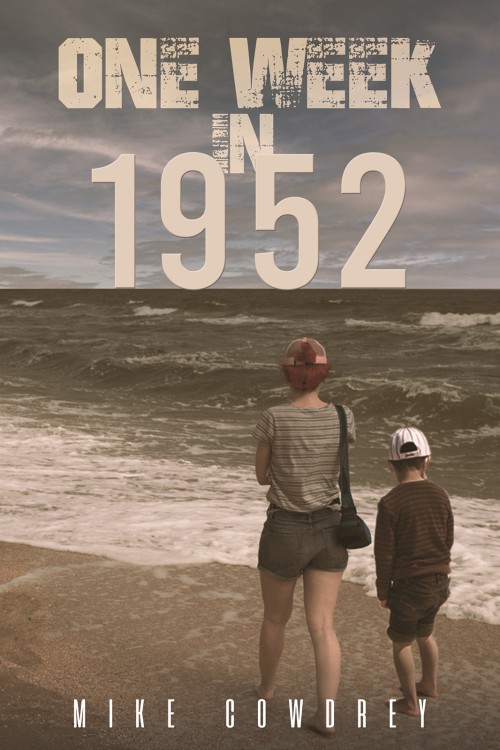
-657ac87bdd36buploaded_image.jpg)
